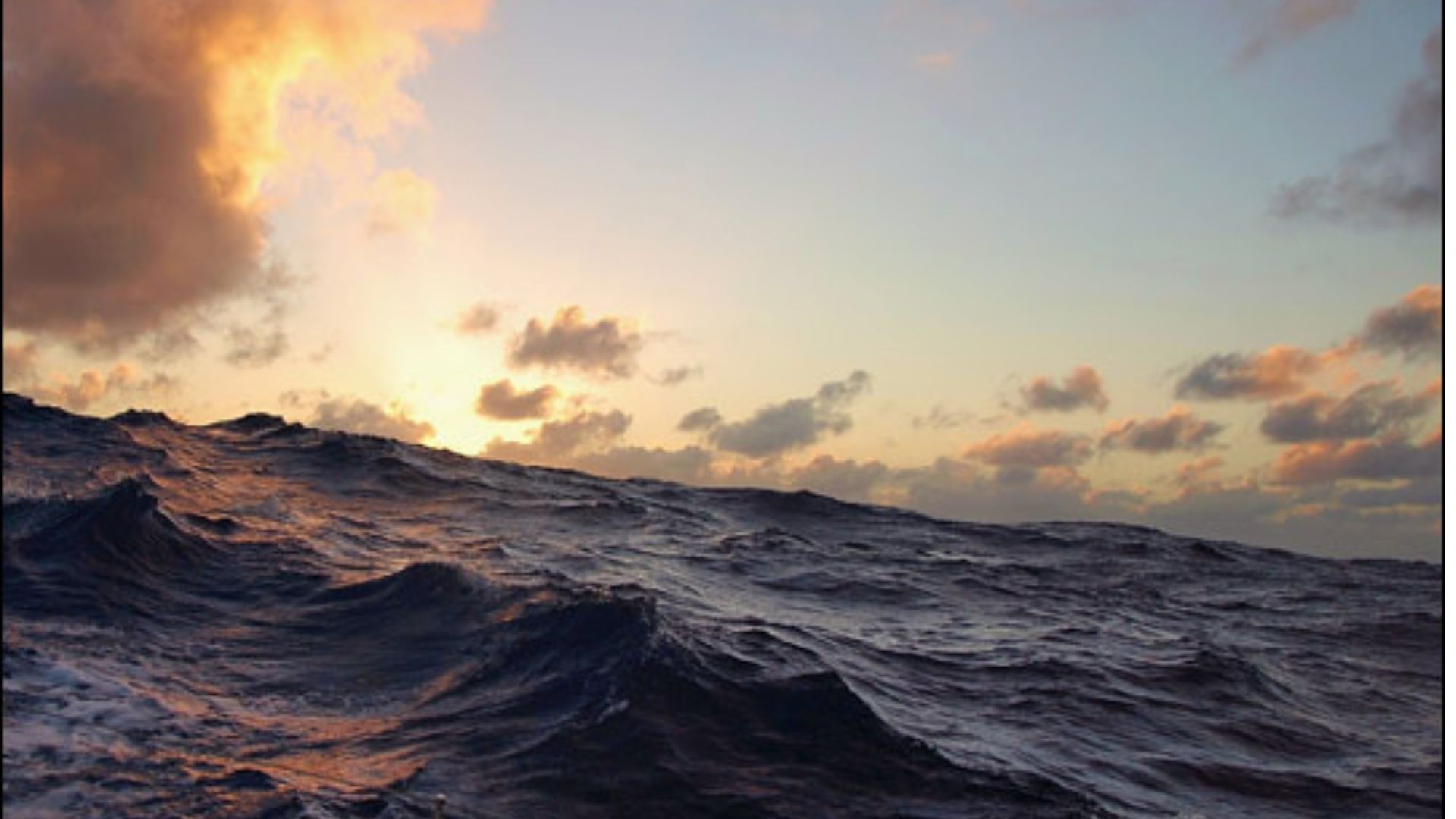A recent study published in Science Advances by researchers Jens Müller and Nicolas Grube from the Institute of Biogeochemistry and Pollutant Dynamics at ETH Zurich has shed light on the alarming depths of ocean acidification. Utilizing a 3D model of the world’s oceans, the study examines the impact of carbon emissions since the industrial age on marine chemistry.
Rising Acidification Levels in the Oceans
The findings indicate that by 2014, ocean acidification had reached an average depth of 1,000 meters, with some regions experiencing effects as deep as 1,500 meters. The study highlights that increasing atmospheric carbon dioxide has not only contributed to the warming of oceans but has also significantly altered their chemical composition. This phenomenon, similar to how carbonated beverages taste acidic, has led to rising acidification levels in seawater.
To simulate changes in the ocean’s CO2 levels from 1800 to 2014, the researchers employed critical indicators such as proton concentrations, pH levels, and aragonite saturation states. Notably, regions influenced by ocean currents, like the Atlantic meridional overturning current, exhibited more pronounced acidification at greater depths.
Threats to Marine Life and Ecosystems
The deeper penetration of acidification poses serious risks to marine life, particularly for organisms such as pteropods, which have calcium-based shells that are highly vulnerable in acidic environments. The study suggests that these changes could adversely affect marine ecosystems, with corals—already threatened by rising temperatures—facing additional challenges due to the chemical changes in their habitats.
Reports indicate that the scale and intensity of acidification could disrupt food chains and biodiversity in deeper ocean layers, raising concerns about the long-term ecological consequences.
The researchers emphasize the urgent need to address carbon emissions to mitigate further harm to marine environments. Their work provides critical insights into the long-term implications of industrialization on global ocean systems, highlighting the necessity for immediate action to protect marine ecosystems from the ongoing effects of climate change.









